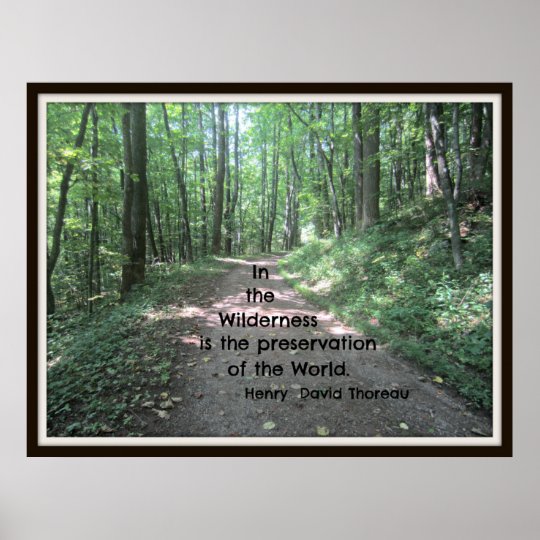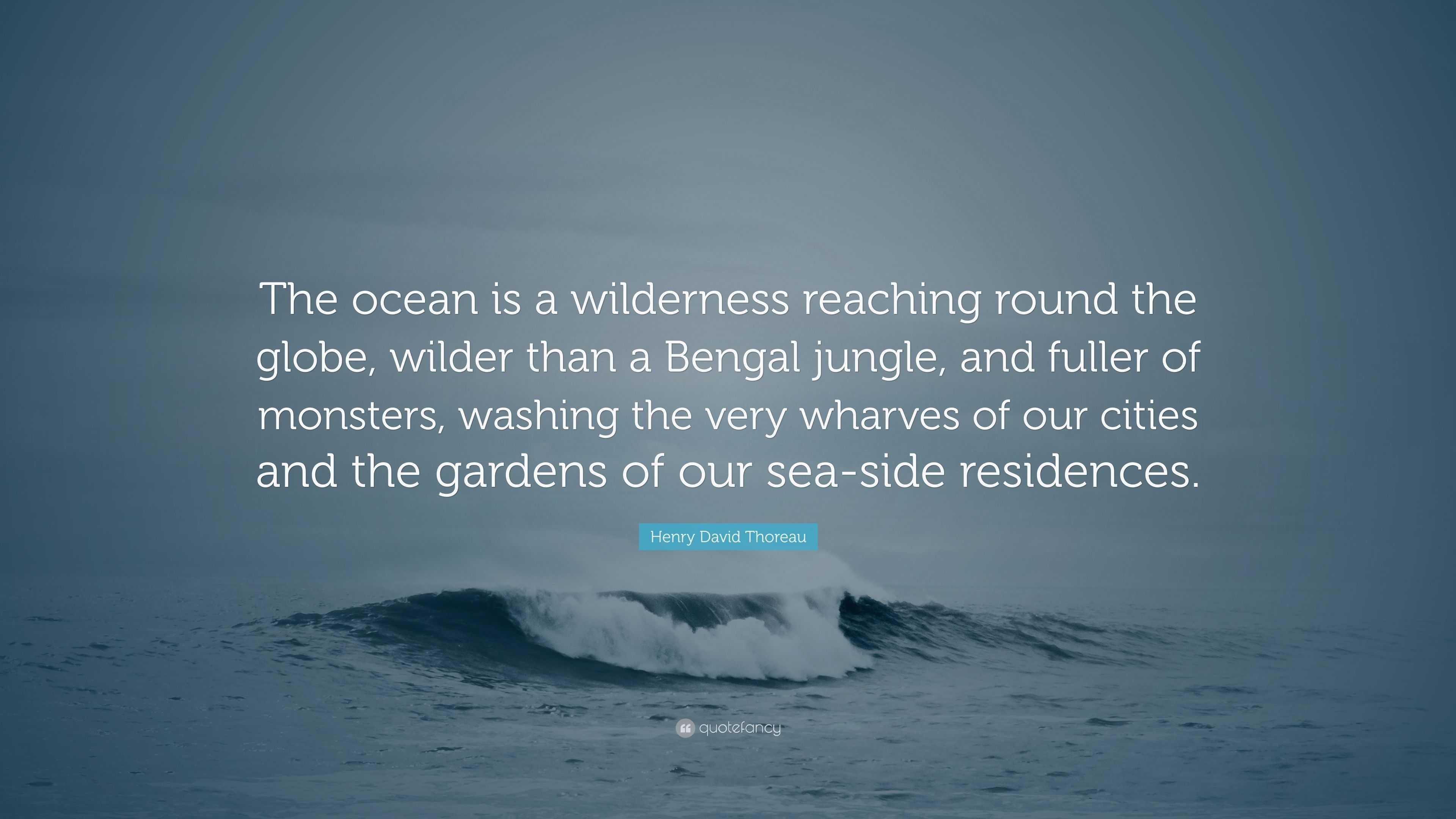


From camping by the waterside and waking to birdsong to enduring mosquitoes and cloudbursts, he writes with grace and clarity that bring the American wilderness to vivid life. Thoreau's poetic yet realistic observations of the landscape are accompanied by his accounts of day-to-day events.

In the mid-nineteenth century, the Maine woodlands were still in pristine condition, inhabited by a handful of Native Americans, pioneer farmers, the occasional lumberjack, and a rich and diverse wildlife population. His thoughts on leading a simple, independent life remain a foundation of modern environmentalism, as captured in Walden, his best-known work.Canoeing in the Wilderness,the 1857 diary of a two-week sojourn in Maine, chronicles the author's travels with a friend and a Native American guide. Thoreau was an early advocate of recreational hiking and canoeing, of conserving natural resources on private land, and of preserving wilderness as public land. The Concord, Massachusetts, native spent most of his life observing the natural world of New England. He was also deeply interested in the idea of survival in the face of hostile elements, historical change, and natural decay at the same time he advocated abandoning waste and illusion in order to discover life's true essential needs.Essayist, poet, and philosopher Henry David Thoreau (1817?62) ranks among America's foremost nature writers. His literary style interweaves close observation of nature, personal experience, pointed rhetoric, symbolic meanings, and historical lore, while displaying a poetic sensibility, philosophical austerity, and Yankee attention to practical detail. Among his lasting contributions are his writings on natural history and philosophy, in which he anticipated the methods and findings of ecology and environmental history, two sources of modern-day environmentalism. Thoreau's books, articles, essays, journals, and poetry amount to more than 20 volumes. A leading transcendentalist, Thoreau is best known for his book Walden, a reflection upon simple living in natural surroundings, and his essay "Civil Disobedience" (originally published as "Resistance to Civil Government"), an argument for disobedience to an unjust state. Thoreau studied at Harvard between 18 taking classes in rhetoric, classics, philosophy, mathematics, and science.

Henry David Thoreau (JMay 6, 1862) was an American essayist, poet, philosopher, abolitionist, naturalist, tax resister, development critic, surveyor, and historian. Henry David Thoreau was born on July 12th, 1817 on Virginia Road in Concord, Massachusetts.


 0 kommentar(er)
0 kommentar(er)
